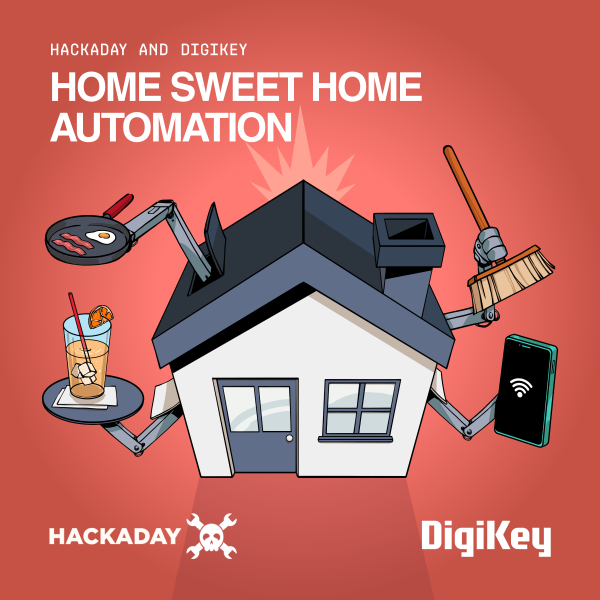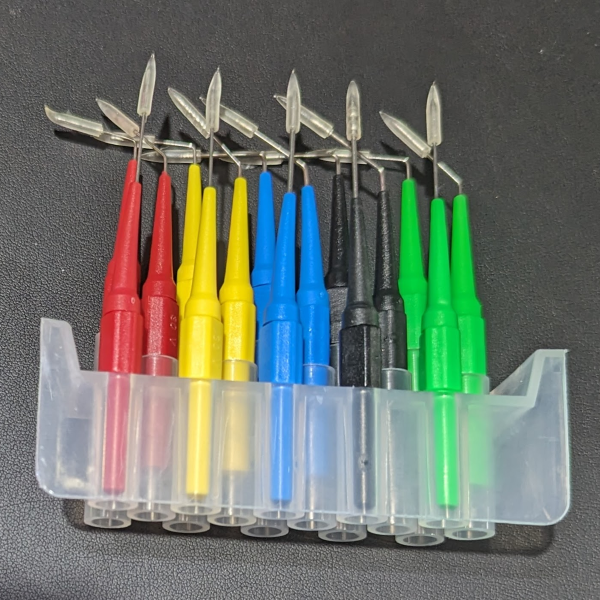This week Jonathan Bennett and Dan Lynch talk once again with Neal Gompa of Fedora, CentOS, openSUSE and more. This time the focus is Fedora, with sprinklings of Immutable Linux, KDE 6, and the new Linux stack of Pipewire, Portals, and Wayland. Neal gives us a rundown of what exactly makes Fedora Atomic so interesting, and why you probably don’t want it running on your desktop. But in a computer lab, or on a public machine? Fedora Atomic might be exactly what you need.
Up next there’s Pipewire, the userspace sound server that replaces Pulseaudio and Jack. Should we think of Pipewire as Jack 3.0? And what’s the secret to getting really reliable low-latency performance for Pipewire in Fedora? It might not be what you expect.
There’s a popular rant online, that Wayland breaks everything. And for years, that’s been a relatively accurate statement, in that Wayland hasn’t been ready for prime-time. Fedora 40 has gone all in on the belief that Wayland’s time has come, with KDE and Gnome no longer having an X11 native option. It’s Wayland all the way. And as one that has run Rawhide, I can say that the future there is bright. Literally, if you have an HDR capable monitor.
See Neal’s website for more information, as well as his GitHub sponsors page.
Direct Download in DRM-free MP3.
















> Should we think of Pipewire as Jack 3.0?
Personally I fear Yet Another Linux Sound System. We’ve been through so many over the last two decades and usually they don’t result in easy setup and more reliability. Then there will be all hacks to get older apps built for other sound implementation, not to mention all the re-learning required for any system with a slightly unusual configuration…
Or maybe it will be different this time.
Listen to the episode for more details, but it’s different this time, because Pipewire implements both the Pulseaudio and Jack APIs seamlessly (with one or two caveats for advanced JACK usage). I bet there are a whole bunch of Linux users that are running Pipewire already, and not even aware of it.
I am already running Pipewire (Ubuntu 22.04). I did have some hick ups on installation, but it’s mostly doing its job so far (mostly). Fingers crossed this is one! On the other hand we’ve got rather good at swapping out sound sub systems.
Still, I have so much time invested in learning snd sb driver, ALSA, PulseAudio and JACK (often running more than one at once), so good to hear those are all supported.
https://xkcd.com/196/
But fixing linux sound issues instead.
>for any system with a slightly unusual configuration…
As in, for anything other than bog-standard straight through L+R stereo out of one single jack.
Don’t even hope to wish for headphone sensing, EQ, or automatic switching over to your bluetooth headsets when you turn them on.
Am I the only one who finds it difficult to find time in their life to watch the youtube videos that crop up here on HaD, let alone now an hour long podcast?
Write ups are far easier to skim through and get the bits that are most relevant to me. But longer to produce I appreciate unless there is a reliable speech-to-text tool that could do it.
I also find it hard to find time to listen to hour long podcasts, or watch long YT vids. But others might be able to fit them in their lives.
Yep, quite understandable. We try not to cover too many videos in a row for that exact reason. At least with the podcast, you can multi-task and listen while commuting.
This is Nate’s blog post on some of this stuff: https://pointieststick.com/2023/12/26/does-wayland-really-break-everything/
Many of my regular 15-20 minute YT subs crept up to over an hour in the past year. I don’t watch as many anymore.
Absolutely – it’s far far easier to read something (especially technical) than listen to someone ramble on about it for 20+ minutes.
It’s a shame because some folks (Robert Feranec for example) are clearly very knowledgeable and giving useful information but I can’t watch multiple hour-long videos for what could be written down and read in minutes.
In the earlier announcement post, the topic of accessing the podcast from “ordinary” podcast players / systems. If one uses Apple’s podcast app (Gasp), “a friend said” that you can just copy and paste the RSS link into the “add podcast to library by URL” selection.
Hello, the Neal’s website hyperlink redirect to “https://royalgeekworld.com/” instead of “https://neal.gompa.dev/”
Yes. He mentions that towards the end of the interview. Both URLs are his.
PulseAudio, the latest “one to replace them all but this time it’s true” lasted 13 year, which was a lot longer than ALSA, which still is around. At this rate, a replacement for PipeWire to “replace them all but this time it’s true” would arrive around 2030 (2017 + 13), so we have 6 years to enjoy PipeWire before being pushed towards a new stack?
http://harmful.cat-v.org/software/operating-systems/linux/audio-mess.png
Does maintaining something not raise as much money as writing a new project?
ALSA remains and is maintained, because it still has a function and in many ways Pipewire isn’t ‘new’ at all, more of an evolution of the existing stuff – as all the surrounding software, user interfaces etc are not changed, its just that little bit of foundational level fixing to get all the good parts of both Pulse and Jack to play well together for a more capable and saner audio setup.
I rather doubt money mattered at all, the ‘new’ project could in effect be considered a fork to improve the feature set as is often done in FOSS with how much of the other projects it contains, just this time the forks name is going to be carried forward rather than improvements backported. Which is also not unusual.
I’ve been configuring Linux since the days of having to build new kernels to support a sound card.
OSS was tough. ALSA was better, but limited. Pulsewire was an absolute PITA to begin with, but got better. I never needed Jack’s capabilities, so I can’t speak to it. Pipewire just worked for me, and seems to be a pretty complete solution.
I’m mostly a Fedora guy (at least, where I need sound). I guess that YMMV with other distros, but I’d think that those prioritizing ease-of-use or gaming should be fairly safe bets.
At one point it sounded like Neil was dropping a little shade on IBM Cloud. Did I hear that correctly?
I’ve never used IBM Cloud, what’s the problem with it?
Yes, we were on SoftLayer before IBM acquired them. They have driven them right into the ground. Support is impossible. Hardware is old and expensive. Limited vpn options. Customers are flicking off to other hosts.